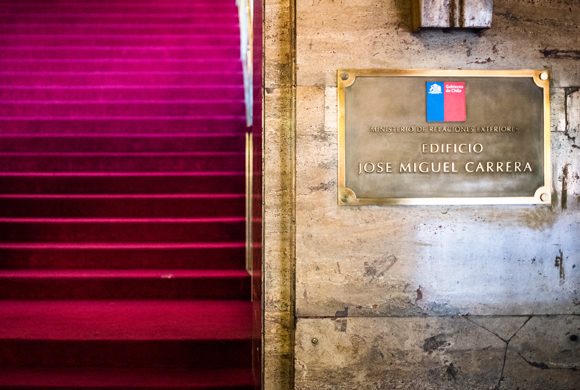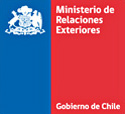
In elections held in San José, Costa Rica, the plenary session of the Inter-American Court of Human Rights elected Chilean judge Eduardo Vío Grossi as its Vice-President. The election, which is a recognition of the jurist and foreign policy of our country, took place during the 120th Ordinary Session of the Court.
Eduardo Vío is currently Judge of the Inter-American Court since 2010 and was re-elected in 2015 for the period 2016-2021. His term as Vice-President begins in January 2018.
The renowned jurist is Doctor in Public Law from the University Grenoble Alpes (France), and Doctor Scientiae et Honoris Causa and Licensed in Juridical and Social Sciences from the Pontificia Universidad Católica de Valparaíso de Chile (PUCV). In addition, Vío is a member of the National Group of Chile before the Permanent Court of Arbitration in The Hague, the List of Conciliators to the United Nations Convention on the Law of the Sea, and the Chilean Society of International Law, of which he was President.
Vío was a member and President of the Inter-American Juridical Committee of the Organization of American States (OAS) and the Administrative Tribunal of the Latin American Integration Association (ALADI). He has served as Director of Legal Affairs of the Ministry of Foreign Affairs of Chile and as Secretary of Minutes of the Inter-American Commission on Human Rights of the OAS. He is Professor of International Public Law at the "Andrés Bello" Diplomatic Academy of Chile and several universities in the country.
The Inter-American Court of Human Rights was created by the San José Pact or the 1969 American Convention on Human Rights. It is based in San José, Costa Rica, and meets 8-10 times a year. Its function is to resolve cases brought to its attention by the Inter-American Commission on Human Rights, based in Washington, DC. It also interprets the provisions of the convention or pact, through advisory opinions requested by member countries and the commission.
